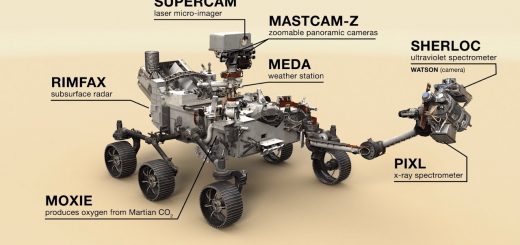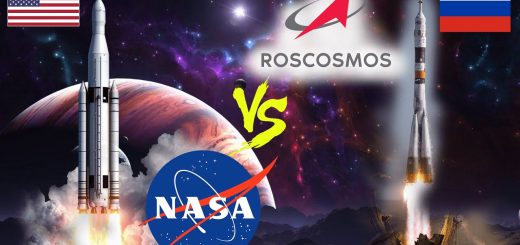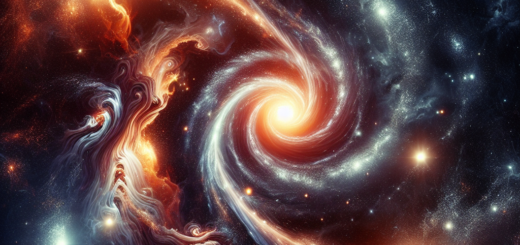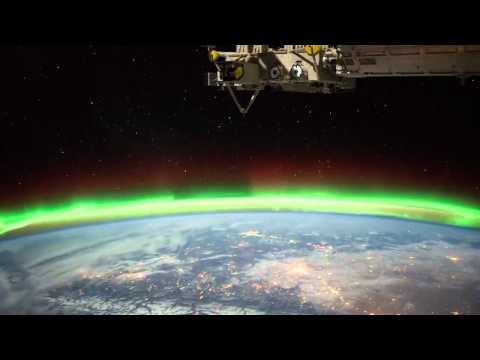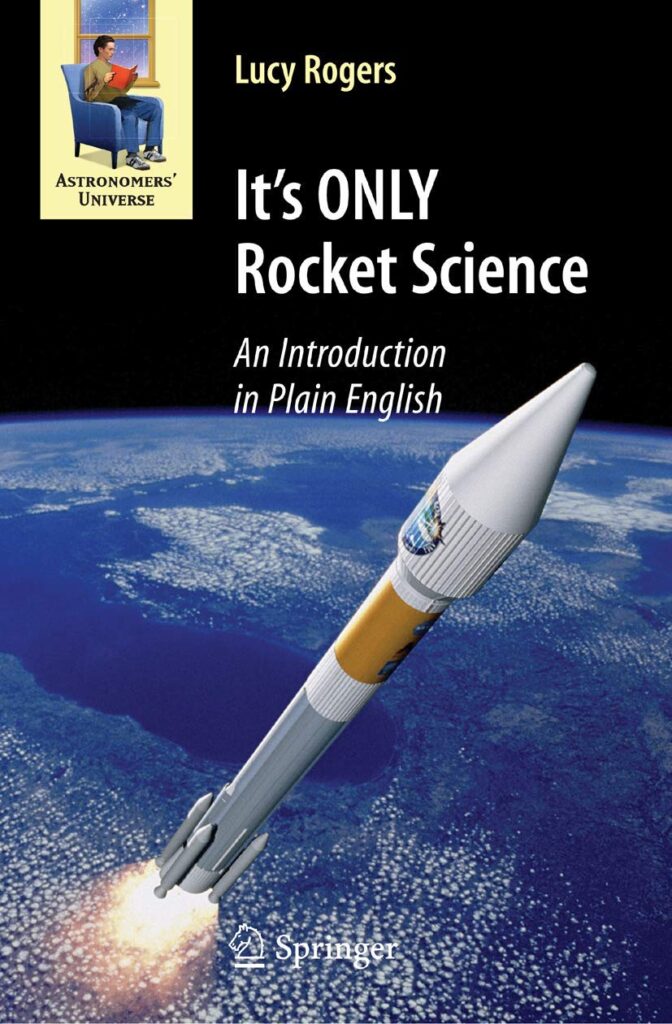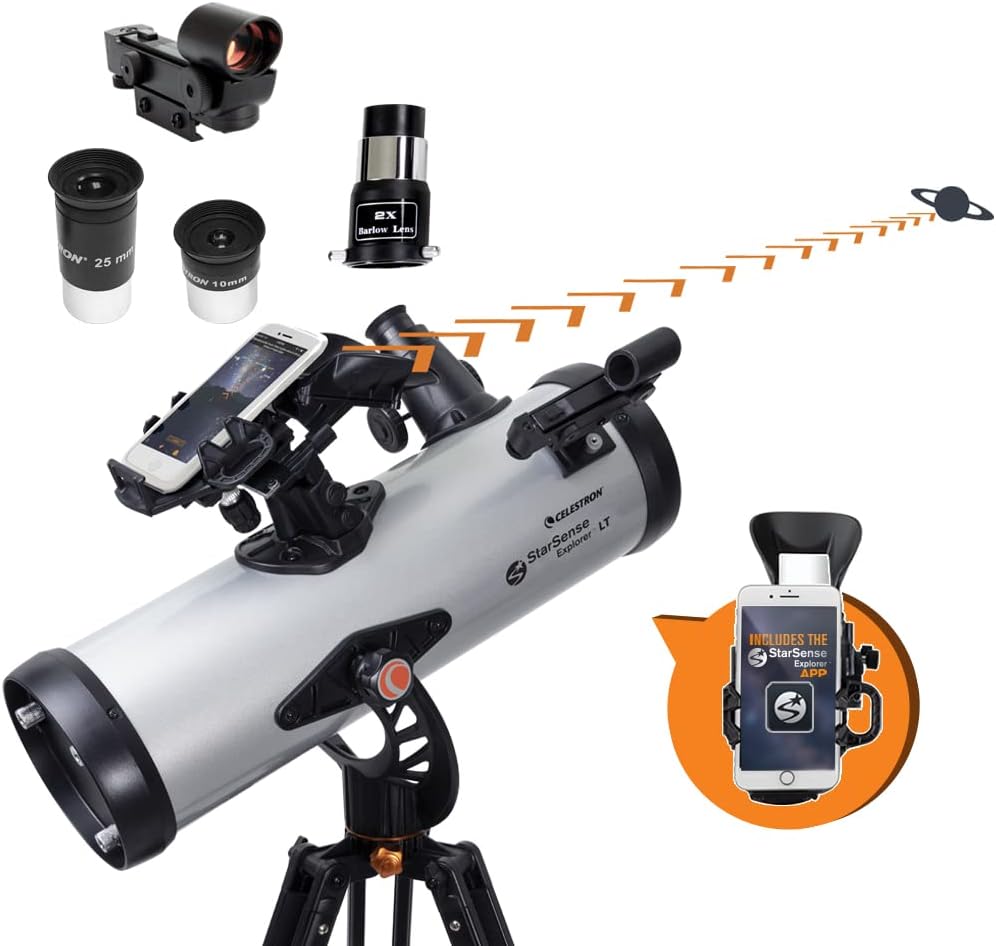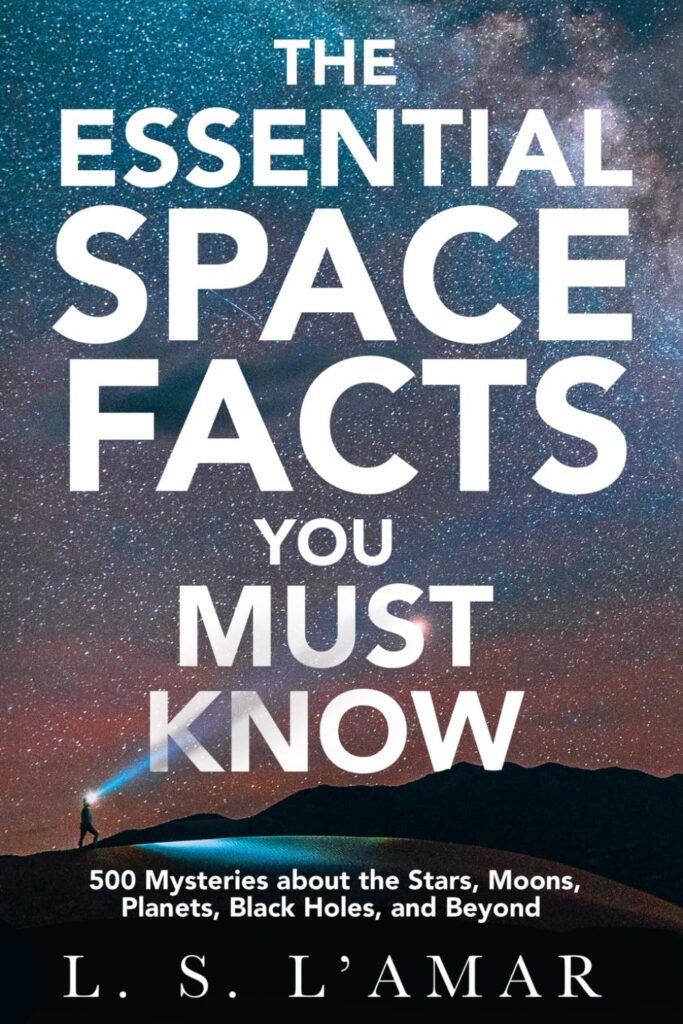Space Missions: Pushing the Limits of Exploration
Space missions have long been at the forefront of human exploration, pushing the limits of what is possible and expanding our understanding of the universe. From the early days of the Space Race to the present day, space agencies around the world have launched a variety of missions to explore the cosmos, conduct scientific research, and push the boundaries of human achievement.
One of the most iconic space missions in history was the Apollo program, which landed the first humans on the Moon in 1969. The Apollo missions were a monumental achievement, showcasing the power of human ingenuity and determination. Since then, space agencies such as NASA, the European Space Agency (ESA), and Roscosmos have continued to push the limits of exploration with a series of ambitious missions.
One of the most recent and groundbreaking missions is the Mars Perseverance rover, launched by NASA in July 2020. The rover successfully landed on Mars in February 2021, and is currently exploring the surface of the Red Planet, searching for signs of past microbial life and collecting samples for future return to Earth. The Mars Perseverance mission represents a major step forward in our understanding of Mars and the potential for life beyond Earth.
Another notable space mission is the James Webb Space Telescope, set to launch in December 2021. The JWST is a collaboration between NASA, ESA, and the Canadian Space Agency, and will be the most powerful space telescope ever built. The JWST will be able to see farther into the universe than any previous telescope, allowing scientists to study the early universe, the formation of galaxies, and the potential for life on exoplanets.
In addition to exploring other planets and galaxies, space missions are also crucial for studying Earth and monitoring the impact of climate change. Satellites such as the Copernicus Sentinel series provide vital data on sea levels, deforestation, and air quality, helping scientists and policymakers to better understand and address environmental challenges.
Space missions are not without risks, and astronauts must undergo extensive training to prepare for the challenges of space travel. However, the rewards of space exploration are immense, with each mission pushing the boundaries of human knowledge and inspiring future generations of scientists, engineers, and explorers.
As we look to the future, space missions will continue to play a vital role in expanding our understanding of the universe and pushing the limits of exploration. With new technologies and ambitious goals, the possibilities for space exploration are endless, and the next generation of space missions is sure to inspire awe and wonder as we continue to explore the cosmos.

